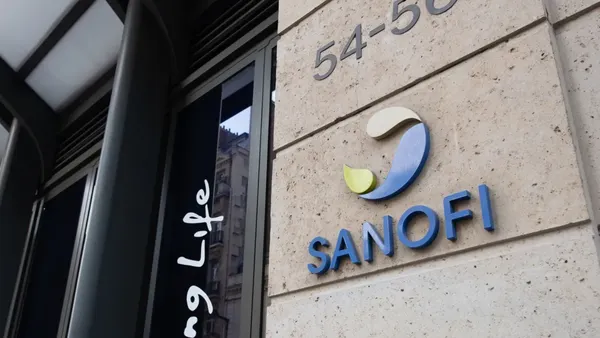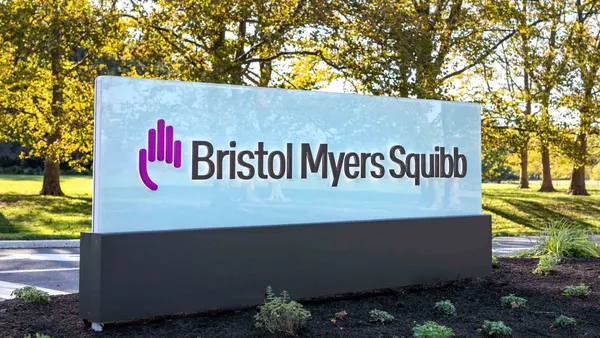Dive Brief:
- Final results from a years-long study show that Novartis’ Fabhalta medicine can significantly slow the decline of kidney function in patients with IgA nephropathy, the Swiss drugmaker said Thursday.
- The trial, known as Applause-IgAN, compared twice-daily doses of Fabhalta with a placebo in patients with the rare kidney disease. After two years of treatment, researchers found that the patients on Fabhalta had significantly better results on a scale that measures how well kidneys filter waste from the blood.
- Fabhalta had already won accelerated approval from the Food and Drug Administration in 2024 based on initial data showing the drug could reduce protein in the urine of patients with the condition. With the final study results in hand, Novartis now plans to seek a full, traditional approval of the medicine for IgAN patients next year.
Dive Insight:
Novartis has high hopes for Fabhalta, at one point earmarking it as a potential $3 billion drug. In addition to the accelerated approval in IgAN, the company won FDA clearance to sell the medicine for paroxysmal nocturnal hemoglobinuria in 2023 and C3 glomerulopathy in 2025.
Fabhalta brought in $120 million in the second quarter and made the list of Novartis’s “priority brands” for the period. The company has a number of ongoing studies and plans to submit Fabhalta for at least three more new indications over the next few years.
The latest research comes as Novartis and a raft of competitors are focusing more intently on IgAN. There’s still a significant need for therapies, and scientists are starting to better understand the biology of IgAN, leading to new approaches such as targeting immune-mediated drivers of disease.
Two years ago, Novartis acquired two other experimental IgAN drugs by buying Chinook Therapeutics in a deal worth as much as $3.5 billion. One of them succeeded in a Phase 3 trial months after the transaction closed. Since then, Biogen and Vertex have spent billions on companies that had IgAN drugs in their pipelines as well.
A number of other companies are also advancing new alternatives. Vera Therapeutics scored a Phase 3 research win in June, only to be overshadowed by an entry from Otsuka Pharmaceutical days later. Otsuka has already filed for FDA approval of its drug, sibeprenlimab, and could win approval within weeks.













